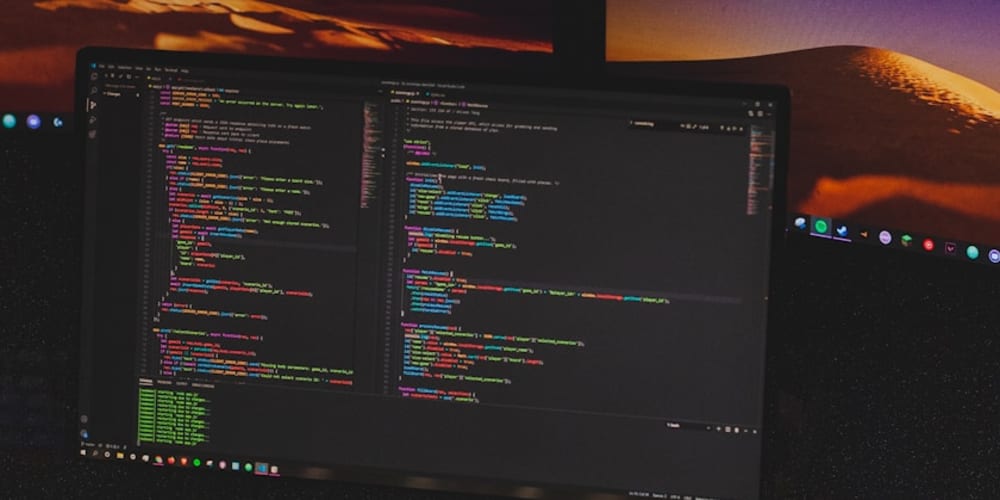he Future of Real Estate: Tokenization
Tokenization in Real estate is revolutionizing the enterprise by presenting multiplied liquidity, fractional possession, and worldwide accessibility. This modern technique is reshaping how homes are offered and sold. FBC Edge enables treasured instructional connections for traders looking to apprehend investing and concepts related to it.
Benefits of Tokenization in Real Estate
Tokenization in actual belongings offers a large number of blessings which is probably reshaping the traditional panorama of belongings funding. One of the key blessings is extended liquidity. By tokenizing real belongings, owners can divide them into smaller, greater possible gadgets, permitting traders to shop for and promote fractions of residences without difficulty. This fractional possession opens up real estate investment possibilities to a broader variety of traders who may not have the capital to buy a whole asset outright. Additionally, tokenization allows asset proprietors to get admission to a global pool of investors, further improving liquidity within the market.
Another huge benefit of tokenization is the transparency and protection it brings to real property transactions. Blockchain technology, which underpins tokenization, ensures that every one transaction is recorded and stored in a stable and immutable manner. This degree of transparency reduces the hazard of fraud and corruption in real property transactions, making the market more sincere and efficient. Furthermore, tokenization lets in for quicker and more fee-effective transactions, as they will be accomplished thru smart contracts, doing away with the want for intermediaries and decreasing related costs.
How Tokenization Works
Tokenization works through representing Real estate tokenization, which include real assets, as virtual tokens on a blockchain. The way starts off evolving with the identification and valuation of the asset to be tokenized. Once the asset is valued, it’s some distance divided into smaller gadgets, or tokens, representing fractions of the entire. These tokens are then issued and dispensed to investors, who should purchase and sell them on a digital marketplace.
Blockchain generation plays an essential position in tokenization, because it provides the underlying infrastructure for issuing, transferring, and storing tokens. Smart contracts, which can be self-executing contracts with the terms of the agreement right now written into code, are used to automate the procedure of tokenization. These clever contracts make sure that transactions are apparent, secure, and irreversible.
Current Trends in Real Estate Tokenization
The actual property tokenization marketplace is experiencing rapid growth, driven by way of the use of several key trends. One of the exceptional tendencies is the growing splendor of tokenization by means of regulators and traditional economic institutions.
Regulators in lots of jurisdictions are starting to recognize the ability advantages of tokenization, which includes increased liquidity and transparency, and are taking steps to create a fine regulatory environment for tokenized assets.
Another style is the emergence of specialised tokenization systems and marketplaces. These systems provide a digital infrastructure for issuing, buying and promoting, and coping with tokenized actual assets property. They provide investors access to a numerous style of funding opportunities and provide asset owners with a streamlined method for tokenizing their homes.
Challenges and Risks
Despite the severa blessings, tokenization in real assets also faces numerous stressful conditions and risks. One of the number one challenges is the regulatory surroundings. While a few jurisdictions have embraced tokenization and created clear regulatory frameworks, others were slower to conform. The loss of regulatory readability can create uncertainty for investors and asset owners, probably hindering the boom of the tokenization market.
Security is another essential problem in tokenization. While the blockchain generation is touted for its protection capabilities, it isn’t proof in opposition to vulnerabilities. Hackers may also want to make the most of these vulnerabilities to advantage unauthorized get right of entry to tokenized belongings or manipulate transactions. This danger highlights the importance of sturdy security functions and protocols to defend tokenized belongings.
Future Outlook
Despite these demanding situations, the future outlook for tokenization in actual belongings is promising. As regulatory frameworks preserve to conform and become extra favorable, we will observe increased adoption of tokenization by way of each investor and asset owners. This improved adoption will probably result in an extra mature and sturdy tokenization marketplace, with more liquidity and transparency.
Moreover, enhancements in blockchain technology are expected to further decorate the safety and overall performance of tokenization. New upgrades, which include the mixing of artificial intelligence and machine mastering, ought to assist automate and streamline the tokenization manner, making it extra reachable and person-high-quality.
Conclusion
As the real estate tokenization market keeps adapting, it holds the promise of a more reachable, efficient, and transparent real estate marketplace. With the potential to convert the manner homes are offered, offered, and controlled, tokenization is poised to revolutionize the actual estate industry for years yet to come.


















